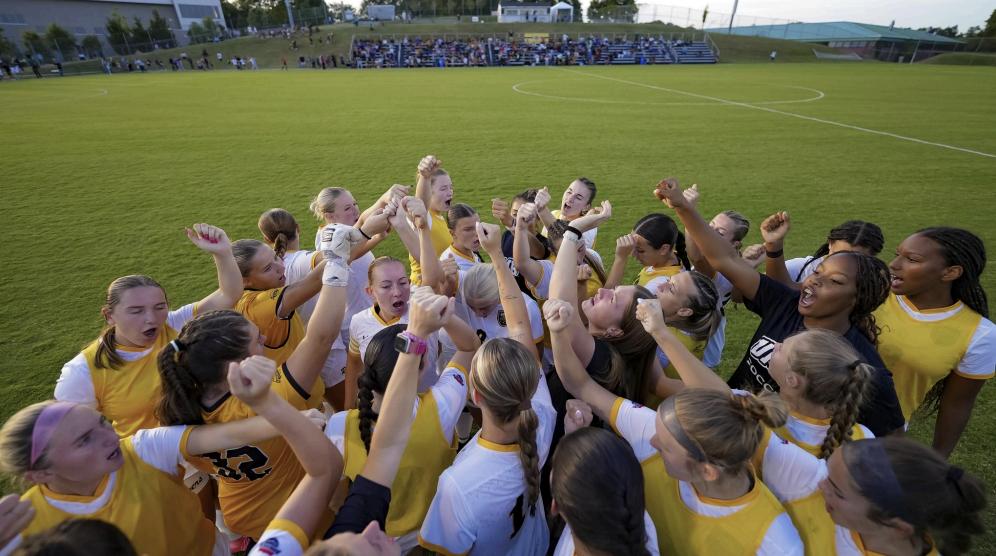On Wednesday, students and faculty alike are expected to gather in the Albin O. Khun Library for a discussion regarding the implications of literary censorship in honor of the nation-wide Banned Books Week.
Banned Books Week was first created in 1982 by the American Library Association, or ALA, to inspire more people to freely read literature after the Supreme Court decision Island Trees School District v. Pico, which restricted public institutions’ ability to ban books and other media solely based on disagreements with the content. Each year, UMBC hosts an event focusing on the new theme selected by the ALA for Banned Books Week. The theme for this year is “Censorship Leaves Us in the Dark. Keep the Light On.”
“I think ‘Keep the Light On’ can be interpreted a number of ways,” says Jeremy Weiner, a senior in the INDS program who is co-running the upcoming event. “But in planning the discussion we considered it in terms of who does and who does not have a voice in the popular narrative.”
One voice often removed from the popular narrative belongs to the LGBTQ+ community. According to the ALA, the vast majority of books contested last year had LGBTQ+ characters or themes. Many institutions challenge those books for religious reasons or at the request of parents who want to introduce their children to certain concepts at home.
Dr. Christopher Varlack, a lecturer for INDS and the Honors College, has been in charge of UMBC’s Banned Books Week events for the past three years and believes there is no situation where a text should be outright banned. Varlack thinks that even the most controversial and radical texts should be protected.
“Pairing those texts up with other texts that offer a less biased perspective allows us to see a multisided point of view on a complicated issue, expanding the conversation,” Varlack said.
UMBC has a history of censorship dating all the way back to its third year of being a university. UMBC’s first literary magazine, Dialogue, caused a statewide uproar for featuring photographs of nude dancers in its 1968 issue. After criticism from several state legislators (one going so far as to call UMBC “an institution of pornography”), Chancellor Albin O. Kuhn cut Dialogue’s funding and revoked the University’s affiliation with the magazine. Students had no choice in the administration’s decision and ultimately moved on, creating Bartleby in 1972. Dialogue serves as the first major form of censorship affecting UMBC’s campus.
According to Jeremy Weiner, censorship on campus still exists, just in more subtle forms.
“I think censorship on campuses is very covert; the book that isn’t in the library’s collection or the topic which is not covered in any classwork, for example,” Weiner explains. Weiner, alongside Varlack, wants all marginalized voices to be unrestricted on campus.
“The most immediate way for students to fight censorship is to read banned books and engage with their ideas on a critical level,” Varlack said. He also recommends that students initiate open conversations with their professors about what views are being left out of their classes.
“Censorship disables us from having a valuable conversation about identity, about culture, about difference,” Varlack said. “Ignorance can be very dangerous.”

